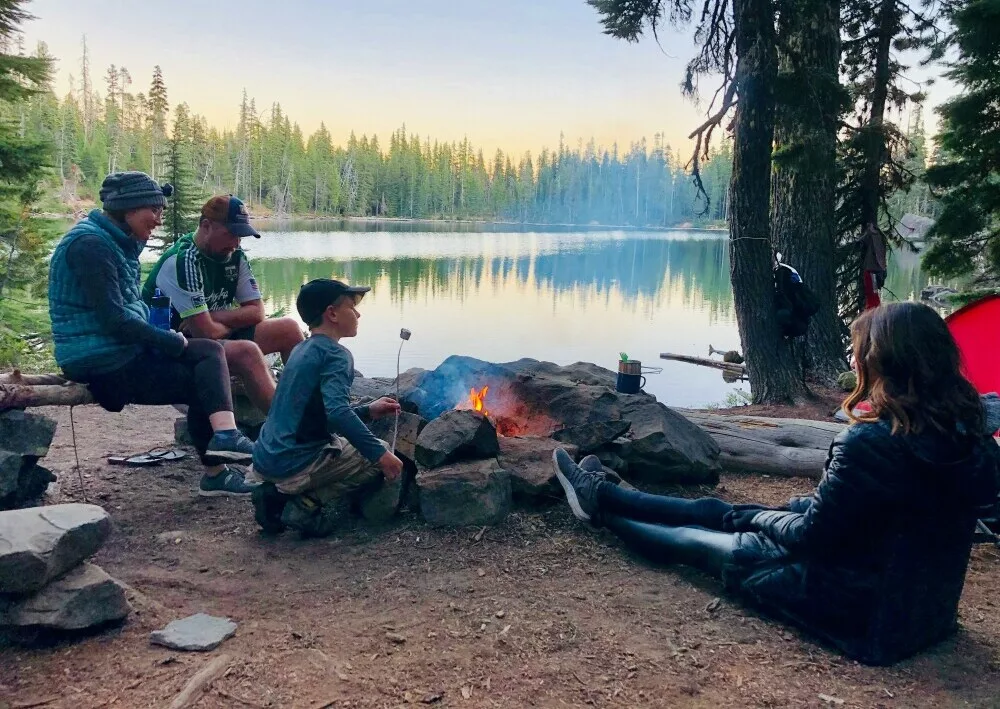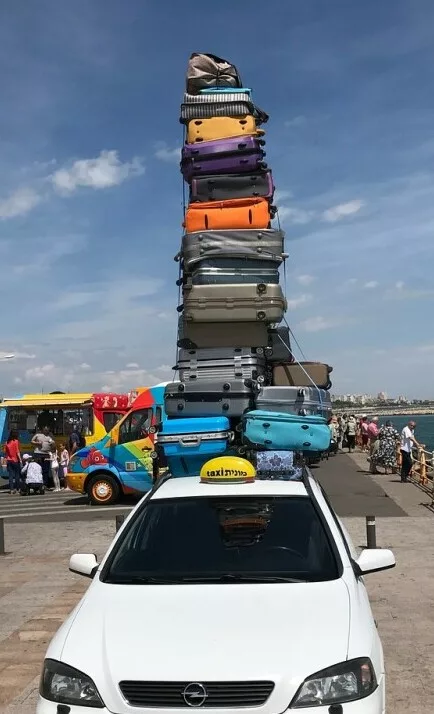Ease Your Stress and Make Your Trip Memorable

When my children were little. I have 5 boys by the way. I know, big family, right? Anyway, we started taking family camping trips and we would pack for the apocalypse. At least, that is what it looked like. As we progressed and went on more trips, the gear we packed got lighter and lighter with fewer items every time. It was only after about 5 or 10 tips we started to make lists and plan ahead, and when I say we I mean my children’s mother and me. The planning ahead made the trips much easier and stress free. I wrote this article in hopes that it helps you plan properly to make your trip as enjoyable as it can be. Happy camping!
Planning a family camping trip can be exciting yet challenging, especially for beginners. To ensure a stress-free experience, choose a family-friendly campsite with amenities like clean restrooms and safe trails. Pack the right gear, including a sturdy tent, sleeping bags, and a first-aid kit. Prepare a meal plan in advance and bring easy-to-cook foods. Check the weather forecast to pack accordingly and keep everyone comfortable.
With the right tips and strategies, you can ensure a fun and memorable experience for everyone. Create a checklist to avoid forgetting essential items and involve the kids in the planning to build excitement. Organize activities for all ages, such as nature hikes, campfire stories, and stargazing. This comprehensive guide will help you enjoy a stress-free family camping adventure, making your next trip both enjoyable and unforgettable.
Camping Tips for Beginner Families: From Start to Finish
1. Plan First Before You Buy Anything
Before diving into buying gear, plan your camping goals, style, future family plans, and long-term camping aspirations. This approach will help you save money by making informed purchases based on a solid plan.
2. Choose the Right Tent
Invest in a quality tent that can withstand unpredictable weather and ensure comfort. Consider factors such as size, weight, ease of setup, and additional features. Choosing the right gear for camping is crucial for a successful trip.
3. Properly Equip Yourself for Camping
Focus on functional gear rather than expensive or high-end equipment. Accumulate your gear over time, prioritizing essential items to avoid unnecessary costs.
4. Top 3 Items Beginner Campers Should Avoid
- Inflatable Airbeds: Prone to leaks, require insulation, and are bulky to transport.
- Large Lanterns: Bulky and costly due to battery requirements.
- Large Chairs: Opt for compact, high-quality chairs to save space.
5. Stick to the Basics
Focus on essential camping gear without overcomplicating your setup. Avoid unnecessary high-tech gear and prioritize functionality.
6. Buy Well and Buy Once
Invest in durable, long-lasting gear to enhance your camping experience. Consider borrowing or buying second-hand gear if budget is an issue.
7. Ensure Adequate Open-Air Shelter
Prepare for sun and rain with options like shady trees, campgrounds’ shelters, tarpaulins, or marquees.
8. Be Health and Safety Conscious
Carry a well-equipped first aid kit and familiarize yourself with outdoor safety and emergency procedures.
How to Plan Your First Camping Trip
9. Choose Established Campgrounds
Opt for campgrounds with amenities such as showers, toilets, and cooking facilities. Established campgrounds often provide activities and facilities that can enhance your family camping experience.
10. Avoid Bad Weather
Alter your plans if the weather forecast predicts inclement conditions. Prioritize comfort and safety for a more enjoyable experience.
11. Travel with More Experienced Campers
Gain support and learn from experienced campers while maintaining your independence.
12. Test Beforehand
Practice setting up and packing your gear at home. Conduct an overnight trial run nearby to familiarize yourself with the process.
13. Stay Close to Home
Choose a nearby campsite for your first trip to easily retrieve forgotten items or retreat if necessary.
14. Create a Camping Checklist
Make a comprehensive checklist to ensure you pack all essential items. Focus on categories such as tents, tools, refrigeration, power, lighting, kitchen, safety, and clothing.
How to Pack and Get Organized for a Camping Trip

15. Pack Appropriate Clothing
Include clothing for all weather conditions, such as rain gear, hiking boots, and thermal underwear. Ensure everyone has a set of dry clothes.
16. Prioritize Sleeping Arrangements
Invest in comfortable and high-quality sleeping bags, pads, and extra blankets. Avoid cheap air mattresses and consider comfort ratings.
17. Allow Plenty of Time
Allocate ample time for packing, traveling, setting up, and packing up. Involve everyone in the process to spread the workload and reduce stress.
18. Plan Your Meals
Create a simple meal plan with familiar dishes. Prepare frozen meals in advance and consider local dining options.
How to Set Up and Organize Your Campsite
19. Plan Your Campsite Configuration
Choose a campsite that offers safety and convenience. Avoid hazards and consider proximity to amenities.
20. A Place for Everything
Keep your campsite organized by designating specific places for each item. Use stackable storage bins to keep similar items together.
21. Manage Expectations
Acknowledge that camping may have challenges, especially for beginners. Focus on the positive aspects and learn from each experience.
By following these camping tips for beginner families, you’ll be well-prepared for your family camping trip. Remember to enjoy the journey, make lasting memories, and most importantly, have fun exploring the great outdoors!